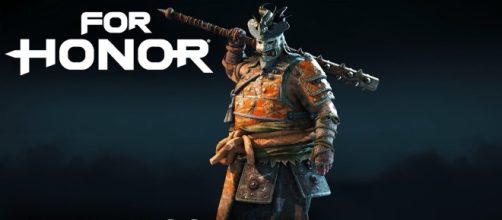Despite the ups and downs, almost all players will still agree “For Honor” is packed with great potentials. Unfortunately, Ubisoft’s decision to utilize a peer-to-peer system became the game’s sole downfall. Even today, this remains a huge roadblock to the title’s success. “For Honor” is an online-based fighting-themed game that does not rely on dedicated servers. Instead, it is heavily powered by a system based on a peer-to-peer structure, which serves as its core network. While such system somehow works perfectly with other titles, regardless of genre, it functions otherwise.
Why Ubisoft uses P2P in “For Honor”
Apparently, Ubisoft developed the game’s peer-to-peer system in a way that there no host advantage appears. Why exactly? Well, that is because the studio did not set up a host at all. For the in-game network to work, players are interconnected; hence the name. While the studio may have its own reason for doing so, there is no denying that it is not doing any good to the game.
Sure, having a host offers a beautiful array of benefits; nonetheless, having none still has its own advantage. Technically, not having one directly avoids the possible problems of any known host advantage, something that most online games of today suffer. Since “For Honor” offers up to eight players in total, all battling a good number of AIs, the amount of work needed is quite a lot.
For the studio, the last thing they would want is suffer greatly from countless lags caused by host connection issues.
In P2P system, more is a crime
The video game company, in one way or another, might not have realized that a growing number of “For Honor” players will heavily impact the networking system it utilizes. Basically, when a player leaves a match, all actions pause since the game tries to reconfigure the lost session.
Now, imagine this on a much larger scale in which more players disconnect, be it on purpose or not. The result is just too devastating to even write.
With the P2P system of “For Honor” being distracted, timing becomes a struggle to every player. This is completely unacceptable for a game that shares much functionality in any fighting game.
Remember: in this genre, timing is of great importance. Whenever an action halts in the middle of a fight, the player either ends up being cauterized or killed when it has nothing to do with him or her. The issue even went bigger as soon as rage quitting became a thing, as Ubisoft did not introduce a penalty system of sorts (though the game now has).


